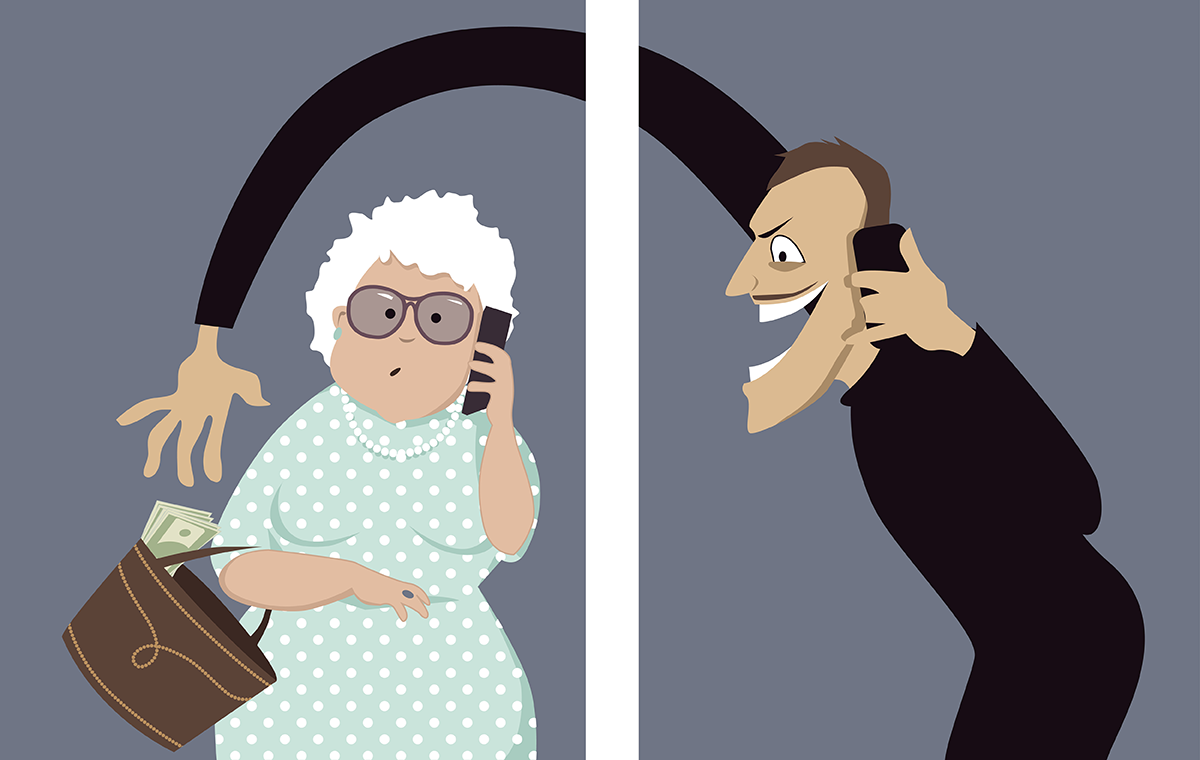As National Cyber Security Awareness month is coming to an end, the 2016 presidential election cycle is building momentum and increasingly becoming our nation’s primary focus. Love it or hate it, the presidential elections also create an ideal environment for thieves and cybercriminals alike. Preying on the media’s attention to buzzworthy news, hackers are busy preparing scams to exploit the attention and distraction it inevitability causes.
While the election night is still over a year away, there will certainly be a plethora of media attention given to the event. From social media’s nonstop discovery of breaking news stories to the saturation of TV with campaign ads, the election will become more front and center in our everyday lives. And in this flurry of information are many threats and scams.
While I cannot predict the specific events of the future, I can certainly look at the past to identify trends that still occur today. One such trend and tactic is to use large media events and topics as bait to lure people towards less trustworthy websites, or, in the case of an election year, to fake campaign donation websites. There are many examples from the past, from the death of Osama Bin Laden to the tragic disappearance of MH370, fake websites and social media scams were quick to follow.
So how do you stay protected?
In the wake of a big news story, make sure to be on high alert and question your curiosity when reading up on the event online or through social media. Don’t just click without thinking, consider the source of the link you’re about to click and the destination of that website. Using security technology is also helpful when browsing the web. Aside from using WSA, I also recommend using Chrome with a responsible ad-blocking extension. This combination will keep you defended from online attacks in the event you stumble across a malicious website.
Another tactic that has grown considerably in the past year is the use of telephone-based scams. While these attacks often target banking customers, the presidential election cycle creates a perfect opportunity for attacks where scammers will pose as a campaign representative requesting donations. While this isn’t technically cybercrime per se, these attacks often attempt to gain enough information to lead to further compromises in the cybercrime space.
So how can I tell if the caller is a scammer?
As a rule of thumb, I would not provide any personal information, email address, phone number, etc. to anyone who cold calls, no matter who they claim to be. That said, the election cycle creates a temporary exception in where you might not be surprised to receive a call requesting campaign financial support. Phone scammers can be very convincing and have answers to many initial security concerns. The person might suggest sending you an email with more information about the cause they are campaigning for, which will then be used to further the scam along. A good way to handle such callers is being firm in that you don’t give out such information, and request to be removed from their calling list. If you want to donate, call or visit the foundations website directly. You can also improve telephone-based security on a smartphone by using a phone ID app such as TrueCaller. Such a service can provide you with community-based information about an incoming call.
Ultimately, these are just two examples of threats that will use the 2016 presidential election to their advantage. As the election nears, the number of such attacks will increase and so must your security awareness. While National Cybersecurity Awareness Month has wound down, the lessons taught and learned will continue to be important in order to stay in front of the adapting threat environment.






